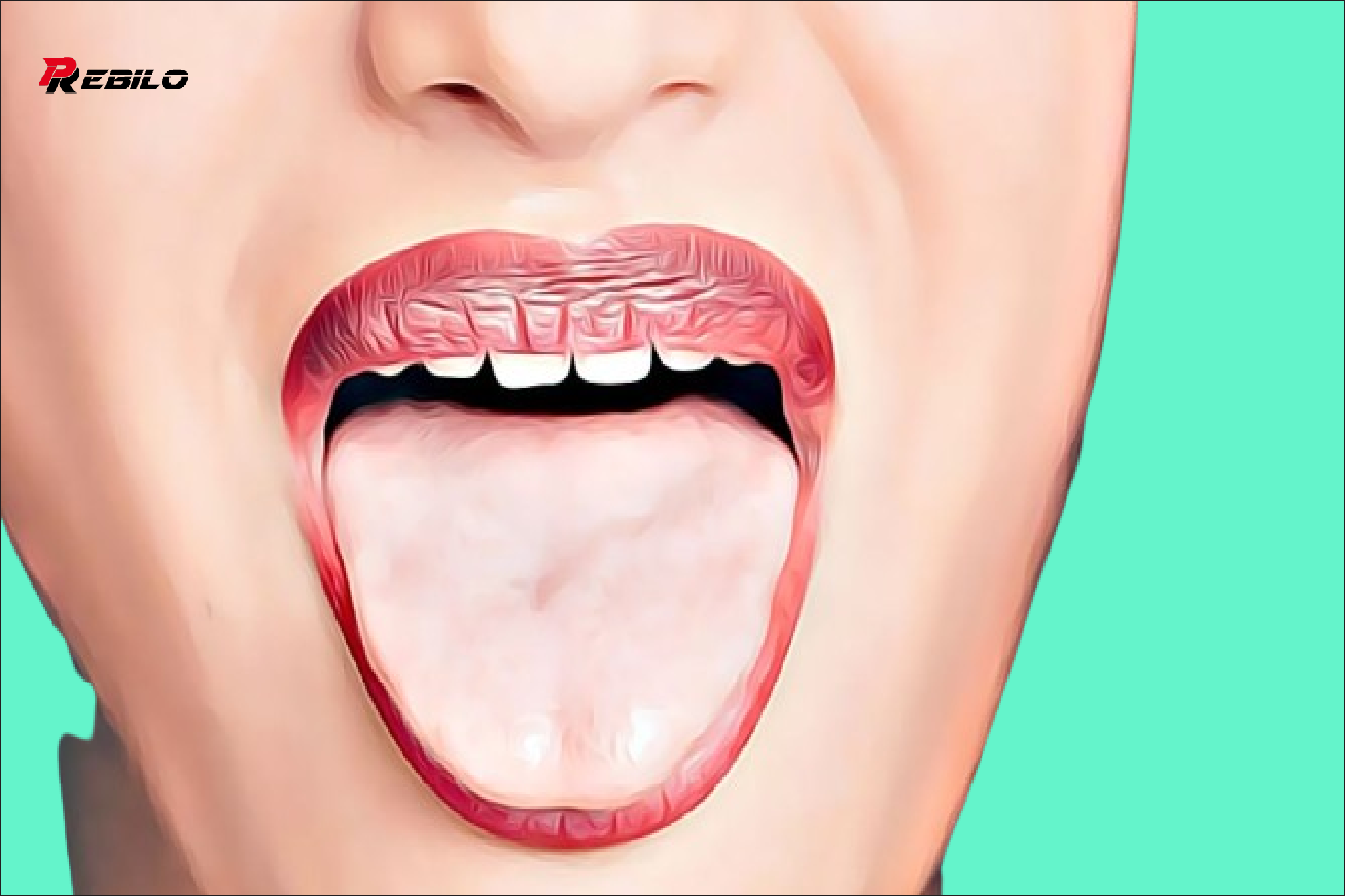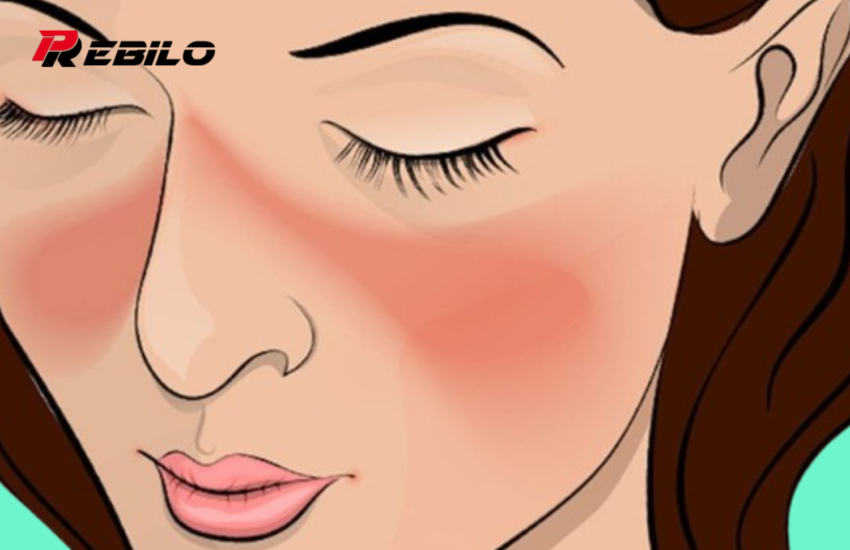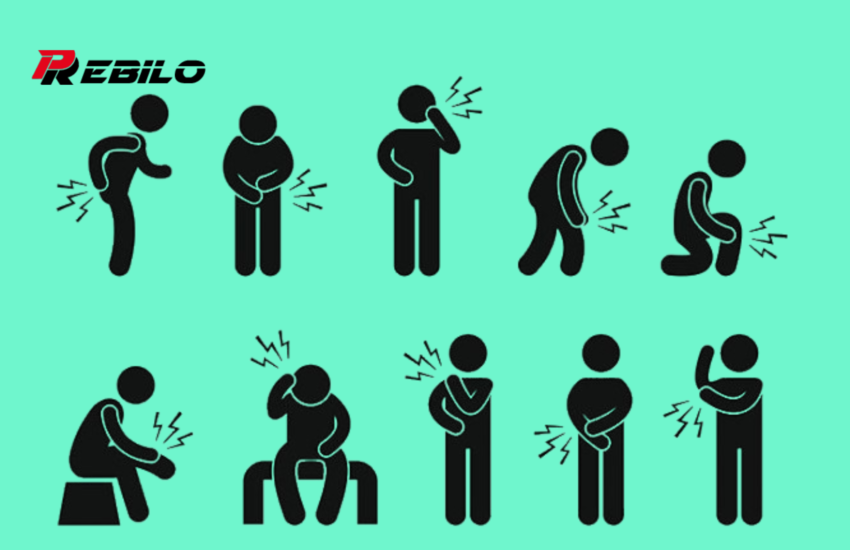What does your tongue say about your health?
Open your mouth and take a look at your tongue. Although it may seem unusual, your tongue can provide valuable information about your health. For example, a tongue that appears black and hairy could be a sign of inadequate oral care or perhaps diabetes. A bright red, strawberry-like tongue may indicate a deficiency in folic acid, vitamin B12, or iron, but it may also be a symptom of a sore throat or fever.
Do you notice red and white spots on your tongue? This may be an indication that your taste buds have worn down. Whether from eating Sour Patch Kids daily for years or eating hot pizza in a hurry, the red-and-white tongue phenomenon is common, and the good news is that your taste buds are regenerating.
The next time you’re out of the shower, clean the mirror, open your mouth, and check your tongue. You may be surprised by what you discover!
Here are some additional ideas about what your tongue can reveal about your health:
White spots on your tongue:
White spots may indicate oral candidiasis, yeast overgrowth or thrush. Cleaning the tongue regularly for a week can help determine whether the problem is related to hygiene or not. If the spots persist, there is likely a Candida overgrowth, and antifungal medications may be used for treatment.
Black and hairy tongue:
Causes of black hairy tongue include yeast infections, diabetes, cancer treatments, and poor oral hygiene. Regular tongue cleaning, perhaps using tongue scrapers, is usually enough to treat this condition.
Red and white spots on your tongue:
No need to worry here; These spots simply indicate areas where the taste buds have been worn away. This is common and does not usually require any treatment.
Abnormal redness in your tongue:
A red tongue may indicate a deficiency in folic acid, vitamin B12, or iron, or it may indicate a fever or sore throat. Treating these underlying issues often involves nutritional supplements or medications.
A webbed or streaked look on your tongue:
This appearance may result from an immune system response and may indicate oral lichen planus. Although it is not contagious, it increases the risk of oral cancer. Proper dental hygiene, tobacco avoidance, and condition monitoring are essential.
Bumps on your tongue:
Burrs can occur when teeth press against the tongue, often during sleep. Fortunately, they usually do not require treatment and fade over time.
Bumps on your tongue:
Canker sores or cold sores are the likely cause of bumps on the tongue, caused by factors such as biting, smoking, or stress ulcers. Home remedies such as gargling with warm salt water and maintaining good oral care are often effective. If necessary, consult a health care professional.


